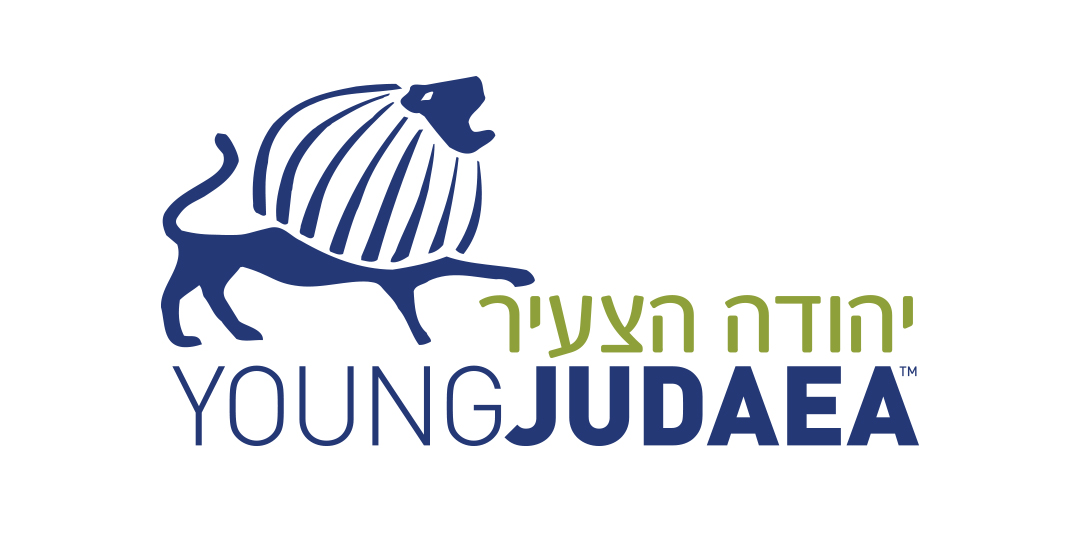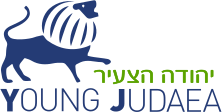
A Poem From Rwanda
By current Year Course participant, Eden Harir
So much has happened so fast.
I’m overwhelmed by the abundance of people,
Not by their numbers,
But by their warm genuine souls.
The tiny African children,
Who yell as we walk past,
Muzungoo! Muzungoo!
Crowd all around us, grabbing our hands,
Smiling so proudly,
Just because of our presence.
The Agahozo children,
Welcome us kindly
Eager to learn all about us,
And take care of all our needs.
They are so ambitious,
Yearning to learn,
Willing to work hard,
And upholding responsibility.
They understand the importance of loving yourself,
Confident in their bodies,
And comfortable with their peers.
Their affection is unconditional,
And spreads to all those they interact with.
Their dreams stretch far and wide.
They hold so much hope and optimism,
Guided by their aspiration
To make this world a better place.
Their beautiful rich voices,
Lost in a sea of song,
Ringing and bouncing of the hills,
Purify the fruitful land
That once shed blood and war.
They live each day with very little,
Remembering that some people have less.
Thankful for every grain of rice they consume,
And humble with their possessions.
They remain loyal to their culture,
Submerged in song and dance.
Talent flowing out of them,
And connecting them to their past.
They are each other’s support system,
Casually reciting inspirational quotes.
Treating Agahozo as their home,
And each other as brothers and sisters.
Despite their difficult backgrounds,
They are among the happiest of people.
Their spirit so uplifting,
And energy that emulates warmth.
Their passion is endless,
More honest and virtuous than anyone I know.
I can see the bright road ahead of them,
Guiding them to their immaculate futures.
Everyday I wonder more and more,
Why am I here?
They have everything they need right here.
And are clearly thriving off the opportunities they’ve been given.
What values can I possibly offer,
That they don’t already embrace?
These kids are brighter, happier, smarter
Than I will ever be.
And I am utterly overwhelmed.
They’ve taught me many things,
Through who they are.
I have no right to complain.
No right to be lazy.
No right to have spite.
And no reason to feel sorry for myself.
I came here thinking,
I could help them to succeed.
But instead they’ve helped me.
Their existence will remind me,
Everyday of my life,
Of the type of person I wish to be.
